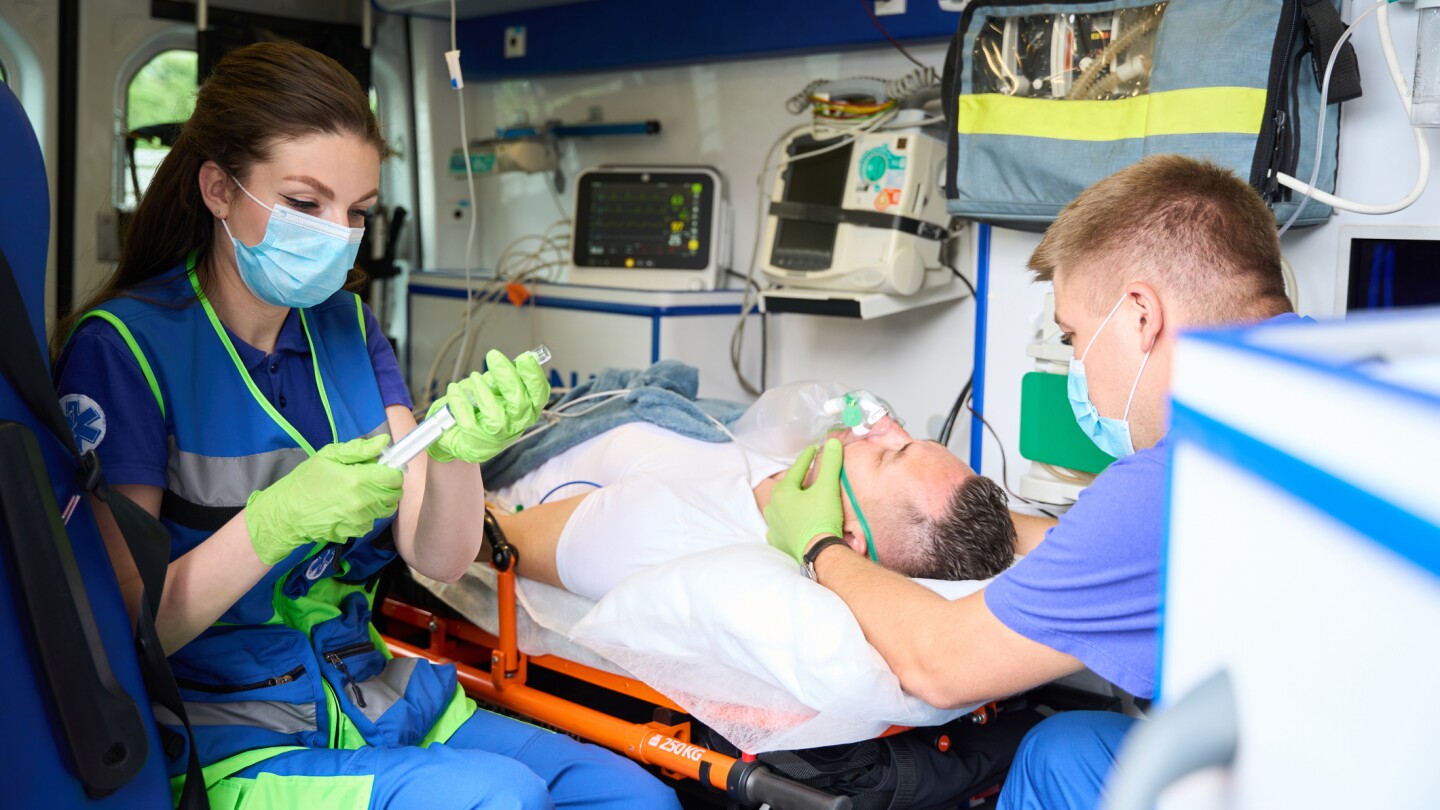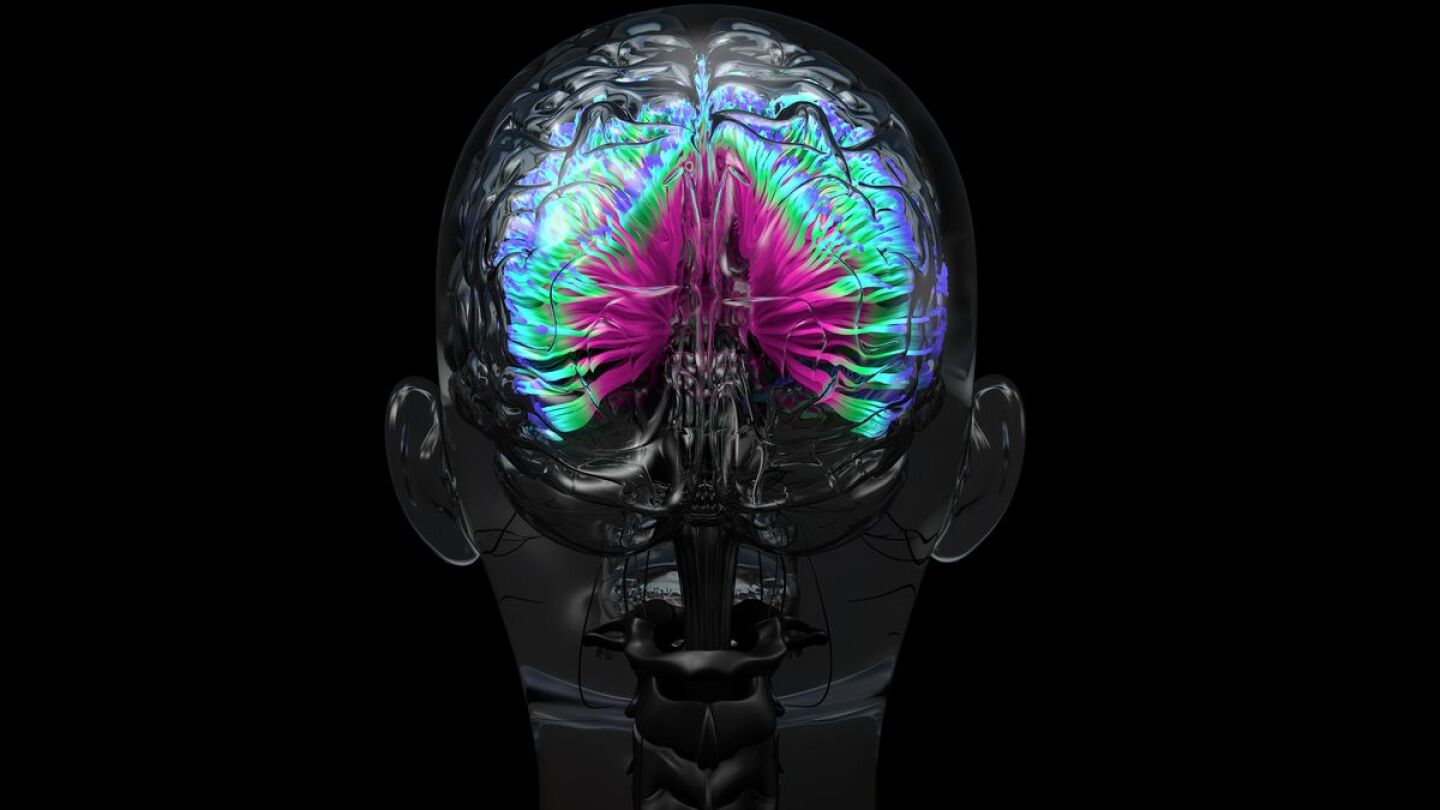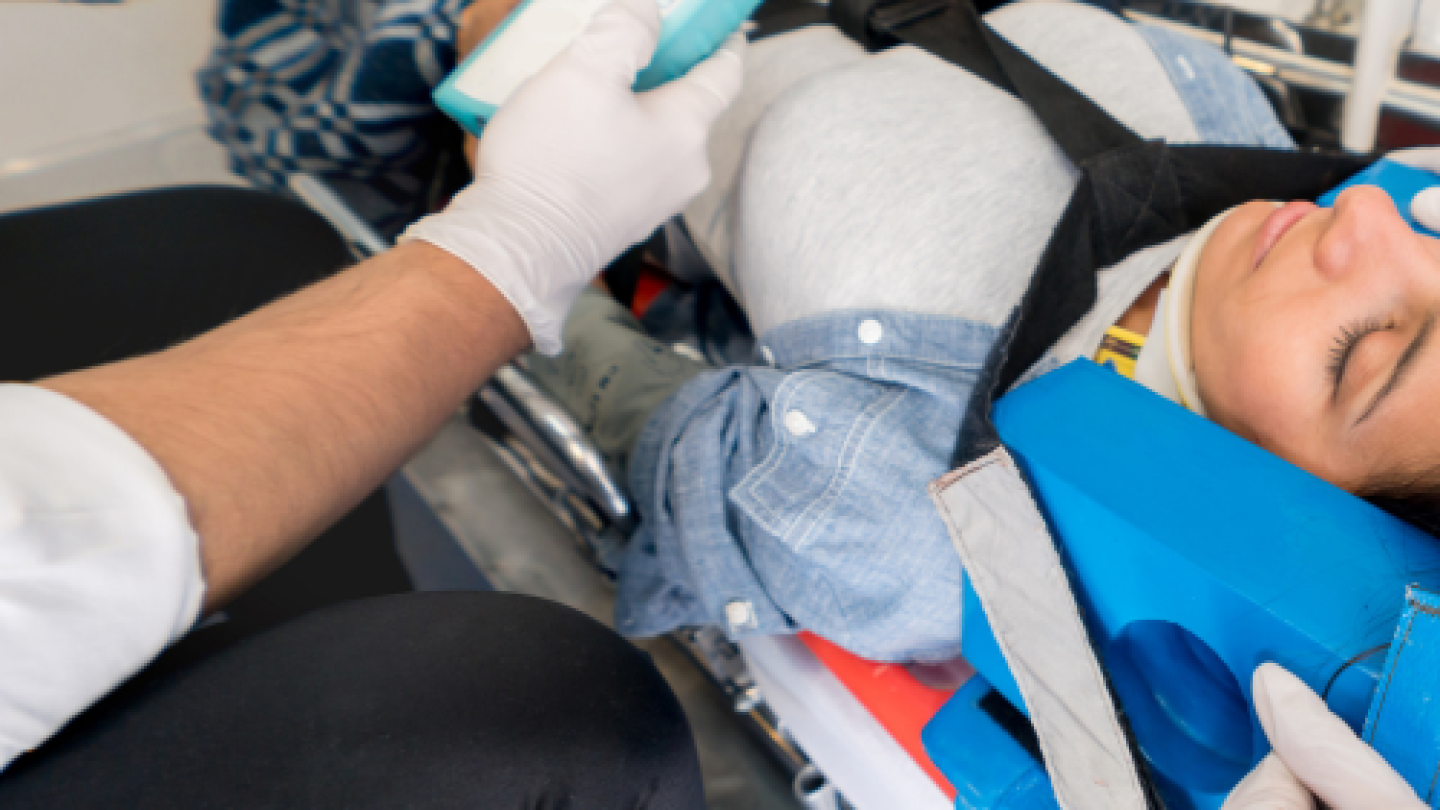EMS1 Research Center
The EMS1 Research Center serves as a central access point for critical prehospital medicine research that can help drive operational and policy changes at the local, state and federal level.
Get insights into EMS provider behavior and beliefs related to hot topics like fatigue management, and participate in EMS1 polls and surveys.
Additionally, find the latest information about research conducted by esteemed EMS organizations, such as the American Ambulance Association, and National Association of EMS Physicians, among other organizations focused on provider health and wellness, patient assessment and treatment, and a variety of safety issues.
Dr. Maia Dorsett on why complete vital signs and avoiding TBI complications matter more than rare “sexy” procedures
Is death notification training associated with decreased burnout among EMS professionals?
New Florida data shows the profession must evolve or continue to lose talent at unsustainable rates
An episode of Malcolm Gladwell’s podcast “Revisionist History” dives into the data — and the noise — behind why EMS sirens may no longer be worth the risk
The American Heart Association’s 2025 update to CPR and ECC introduces new algorithms and protocols aimed at boosting EMS and bystander effectiveness
In addition to longer transports, rural EMS sees a 40% rate of severe emergencies, according to an analysis of 69 million calls by the American College of Surgeons
A 6-year study by the American College of Surgeons found nearly 42% of fatally injured drivers in Montgomery County had blood levels far exceeding state impairment limits, suggesting recent cannabis use before crashes
Examining how IM epinephrine increases treatment timing, frequency and survival
Collaboration between EMS and community resources is key to creating a stronger network of mental health crisis response
The “Katrina Declaration and Petition to Congress” calls out reductions to CERT, the National Fire Academy and hazard grants as weakening national disaster readiness
Ed Racht previews new AHA CPR/ECC guidelines and how lessons from SCA can save lives in overdose, bleeding and drowning — just in time for CASSummit 2025
Residents in formerly redlined neighborhoods face slower response times, highlighting ongoing disparities tied to historic housing discrimination
Severely impaired and terminally ill residents account for most preventable transfers, often tied to feeding tube issues, infections and falls, according to a national study by Florida Atlantic University
Patients in their 30s and 40s highlight the importance of early rehab, risk recognition and determination in overcoming stroke
UT Southwestern Medical Center research finds ED visits for heat-related illnesses among children have spiked sharply over the past decade
The AIMHI awards recognize standout agencies, individuals and programs advancing high-value, integrated mobile healthcare
Nearly 60% of leaders cited documentation as a critical concern impacting billing, compliance and patient care, according to a report by the PWW Advisory Group and AIMHI
The 2024 Public-Release Research Dataset is the largest of its kind, featuring over 60 million EMS activations nationwide
Wellness programs are expanding as dispatch centers race to adopt artificial intelligence, new tech tools and stronger retention models
The EMS Counts Act would update federal labor statistics to include EMS providers who also serve as firefighters
Text-message study links early-morning fatigue spikes, call volume and naps to crew alertness
Forty-eight active shooter incidents were reported in 2023; in 2024, the FBI identified 24 incidents
A UT Southwestern study of 500K cardiac arrest cases finds survival has not returned to pre-pandemic levels, especially in Black and Hispanic communities
“GCS <8; intubate” may be endangered, but not totally deserving of extinction
In this data-packed EMS One-Stop episode, Drs. Brent Myers and Remle Crowe share 7 critical metrics, from opioid overdoses to pediatric behavioral health, reshaping prehospital care
While EMS sees fewer opioid-related emergencies, the report highlights growing concern over mental health incidents in children and repeat 911 usage
The shock index calculator can identify patients at risk of deterioration, even when other vital signs seem normal
MOST POPULAR
- A wake-up call on airway management
- Insights, actions and the future of EMS: The 2025 ESO EMS Index
- Is it time to turn off the sirens? Podcast explores lights & siren use and unintended risks
- Balancing care and collaboration: Key lessons from EMS and law enforcement interactions
- FEMA employees call for reforms to restore disaster response capacity ahead of Katrina anniversary




























